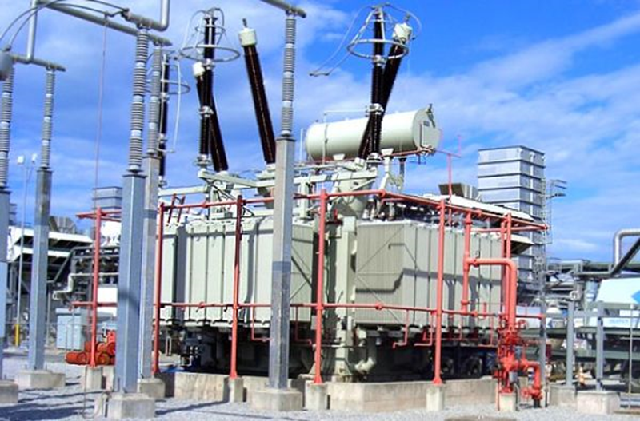The Minister of Power, Adebayo Adelabu, has said that more than 40% of Nigerians now enjoy over 20 hours of electricity daily. He said this in a statement on Sunday detailing a review of the Ministry of Power’s activities over the past year.
Adelabu emphasized that these achievements are part of the government’s broader effort to provide stable electricity to households and industries across the country.
Power generation hits 5,500 megawatts
Adelabu detailed the steps taken by the Ministry of Power to accomplish this goal. One important accomplishment is increased power generation, which now exceeds 5,500 megawatts.
He explained that the ministry is dedicated to making additional improvements by the end of the year.
He said: “Upon resumption, we had an installed generation capacity of 13,000 megawatts, but we were only producing, transmitting, and distributing about 4,000 megawatts of power to the entire country.
“This was quite low and unacceptable given our population and level of economic activities. Therefore, we were determined to improve the situation.
“At that time, there was an epileptic supply. Almost all customers, both residential and commercial, could not be guaranteed 12-15 hours of supply. Additionally, the adoption of renewable energy was skeletal in terms of solar or wind sources of energy.
“Between then and now, which is about a year, there has been significant improvement. Today, our installed capacity is over 14,000 megawatts of power due to the addition of the newly commissioned Zungeru hydroelectric power plant and improved capacity of some of the existing power plants.
“Moreover, the major achievement is the fact that today we generate over 5,500 megawatts of power, we transmit and distribute it, and over 40% of customers today enjoy over 20 hours of regular power supply across the nation. You can see that there is a significant improvement between when we came in and now, which we intend to improve further.”
He attributed the success to various infrastructural upgrades, such as the completion of the Zungeru hydroelectric power plant and the implementation of the Presidential Power Initiative. The minister also highlighted the signing of the new Electricity Act in June 2023, which decentralized and liberalized the power sector, allowing states and private entities to participate in electricity generation, transmission, and distribution.
10 million Meters In Five Years- Plan
Despite the progress made, Adelabu acknowledged the challenges the sector faces, such as the significant metering gap, where millions of Nigerians remain without meters.
He highlighted the Presidential Metering Initiative, which aims to install 10 million meters over the next five years to address the issue.
Adelabu said: “There is the issue of the meter gap that we have. We all know that out of almost 13 million customers that we have in the industry, over 7 million customers are still without meters and are on estimated billing. We said this is not the way to go.
“We must correct this, which is why President Bola Ahmed Tinubu set up the Presidential Metering Initiative, which has the mandate of installing over 10 million meters within the next five years, at least 2 million meters every year. We are making progress on this. The funds are being provided, and we will soon go into the acquisition of these meters. This would reduce the meter gap.”
He added that the initiative, along with support from the World Bank and the African Development Bank (AfDB), is expected to improve the transparency and efficiency of billing.
Adelabu affirmed that the Ministry of Power remains dedicated to improving Nigeria’s electricity supply further.













